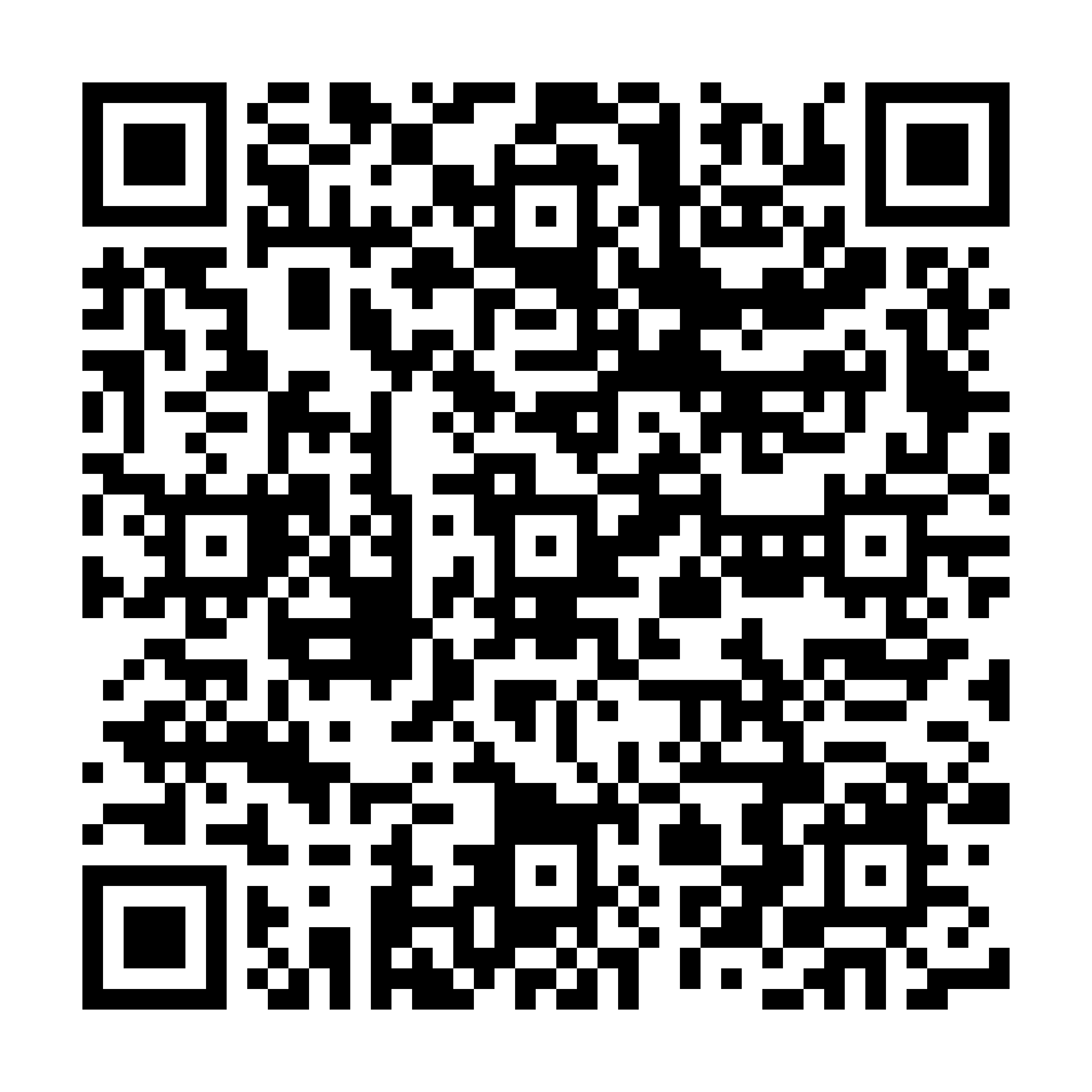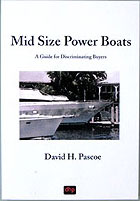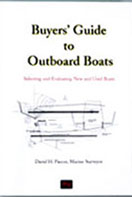Chapter 8
Excerpt
Although boat fires are relatively rare occurrence, losses are usually large and investigations complex and lucrative for investigators who are adequately educated.
Increasingly, marine insurers are resorting to hiring fire investigation experts, rather than surveyors who often lack adequate knowledge and training.
Many of the private fire investigators (specializing in building fires mainly) do not impress me as particularly competent to handle boat fires due to a lack of specific boat knowledge.
For this reason marine investigators are encouraged to get some fire training as they will be best equipped to do the job.
Boat fires bear few similarities to house or building fires because the nature of the structures is so different. This is one reason why non marine specialist fire investigators generally don't do a very good job with these investigations.
Boats are very different than land based building fires, and when we add to this the fact that there are far fewer boat fires than building fires, it's easy to see why it's hard to develop a body of knowledge, as well as experience, with boat fires.
The typical professional fire investigator is likely to see only a relative handful of boat fires during his career as opposed to the marine surveyor who works the waterfront and has a much greater opportunity to gain experience in boat fires.
Unlike building fires—a subject on which huge efforts and sums of money have been devoted, including collegiate level disciplines—for boat fires there are virtually no studies and no body of knowledge collected.
This is not to say that there isn't much of what has been learned about building fires that cannot be applied to boat fires—for indeed there is—but the application of that knowledge has to be made in consideration of the structural and environmental differences.
If we understand the fundamental principles of how fires behave within combustible structures, then those same principles can be applied to the plastic, wood or metal boat.
(Additional spaces are added for easy screen reading.)
Table of Contents: Chapter Chapter 8
8. Fire Investigations 221
Origin and Cause 223
Basic Considerations 224
What is Fire, Combustion? 225
Melting Point of Materials 225
Profiling a Fire 227
Boat Materials 228
Areas of Highest Probability 230
Initial Fuel Source 231
Reconstructing Suspect Electrical Equipment and Systems 232
Area Hot Spots 232
Site Preparation 233
Spoilation of Evidence 234
When the Vessel Has Sunk 234
Don't Do This 234The Physics of Boat Fires 237
Flameover and Flashover 237
Drafting, Vents and Chimneys 237
Wind and Back-drafting 241
Automatic Fire Systems 241
Fuel Systems 242
Fuel Fed Fires 244
Convection 245
Burn-through Venting 246
Engine Room Fires 246
A Typical Scenario 248
Glass Windows 250
Layering 250
Excavating and Sifting Debris 251
Carpeting 252
Stored Solvents and Fuel 253Electrical Fires 253
The Chicken or the Egg? 255
Circuit Breakers 256
Engine Starting Circuits 259
Electric Bow Thrusters 259
Electrical Arcing 260
Shore Power Connections 264
Electric Motor Fires 265
Faulty Electrical Devices 265
Unapproved Electrical Devices Used on Boats 266
Multiple Outlet Extensions 267
Owner Installed Inverters 268
Flammable Plastic Conduit 268
Examining the Electrical System 268
The Only Cause 269
Melted Conductors: The Chicken or the Egg? 270
Service Outlets & Switches 271
High Resistance Heating 274Explosions 275
Battery Explosions 276
L-P Gas Explosions 276Machinery Fires 277
Exhaust Insulation 278
Deteriorated Exhaust Components 279
Oil or Fuel System Failures 279
Fire System Failures 279Other Causes 281
Halogen Lamps 281
Enclosed Lighting Fixtures 281
Clothes Dryer Fires 282
Stove Fires 282
Hydraulic Stabilizer Fires 282
Lightning 283
Three Red Flags of Arson 283
| Expand Business! |
|---|
| Marine
surveyors: Expand your marine business! Conducting marine investigations can help free you from the limitations of a seasonal business and expand your business opportunities and income. |
| Who Hires? |
| Who
hires marine investigators? In addition to insurance companies, specialist investigators merge their specialized pleasure craft knowledge with investigative abilities for a broad range of clientele. |
| Clientele |
| These
can range from boat owners with serious warranty claim disputes and
faulty repair issues to being hired by lawyers as investigators as
either fact witnesses or expert witnesses. Marine investigators often work for boat owners who are having trouble with insurance claim issues, assisting the boat owner obtain a proper claims settlement. |
by David H. Pascoe
Soft Cover
544 pages
Publisher: D. H. Pascoe & Co., Inc.
Published: 2004
Language: English
ISBN-10:0965649652
ISBN-13: 9780965649650
In Stock
HOME >
David Pascoe - Biography
David Pascoe is a second generation marine surveyor in his family who began his surveying career at age 16 as an apprentice in 1965 as the era of wooden boats was drawing to a close.
Certified by the National Association of Marine Surveyors in 1972, he has conducted over 5,000 pre purchase surveys in addition to having conducted hundreds of boating accident investigations, including fires, sinkings, hull failures and machinery failure analysis.
Over forty years of knowledge and experience are brought to bear in following books. David Pascoe is the author of:
- "Mid Size Power Boats" (2003)
- "Buyers’ Guide to Outboard Boats" (2002)
- "Surveying Fiberglass Power Boats" (2001, 2nd Edition - 2005)
- "Marine Investigations" (2004).
In addition to readers in the United States, boaters and boat industry professionals worldwide from over 70 countries have purchased David Pascoe's books, since introduction of his first book in 2001.
In 2012, David Pascoe has retired from marine surveying business at age 65.
On November 23rd, 2018, David Pascoe has passed away at age 71.





